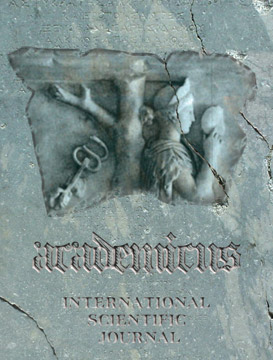The current research discusses the ethical aspects that were currently not studied yet in the context of the teacher attrition phenomenon and its impact on school effectiveness, which is measured in this research by promoting achievements basing the assumption that teacher perception of ethical climate might explain teacher attrition behaviors, including leaving teaching (Rosenblatt & Shapira-Lishchinsky, 2017). This research has examined teacher perceptions of school ethical climate through three dimensions found to be relevant in the 21st-century era in the aspects of organizational climate in general and school climate in particular, caring ethical climate, law and code ethical climate, and instrumental ethical climate. For this purpose, quantitative research is based on the pioneer researchers Victor & Cullen’s (1987, 1988) questionnaire and self-report of teachers regarding teacher tendency to leave the teaching profession, and their perception of learner achievement promotion in the context of ethical climate in their school was used. To deepen and expand the understanding of teacher perceptions, qualitative research including in-depth interviews was also performed. The research population consisted of 223 teachers from elementary and junior high schools in Israel. The current research indicates a principal finding that expresses the influence and importance of a caring ethical climate in reducing attrition behaviors and teacher attrition intentions and promoting learner achievements. Moreover, it was found that law and code ethical climate is correlated with promoting student achievements, and therefore integrating these two ethical climate dimensions will be the foundation for a program for new and senior teacher preservation in the education system. The research findings are currently relevant since the education system in Israel faces a severe shortage of teachers due to increased teacher attrition of teaching.
Academicus International Scientific Journal is an Open Access Journal. This means that all content is freely available without charge to the user or his/her institution. Users are allowed to read, download, print, search, or link to the full texts of the articles in this journal without asking prior permission from the publisher or the author. This is in accordance with the BOAI definition of open access. Users are obliged to cite the source (Academicus International Scientific Journal) and the author, according to the international citation standards.
Academicus
International Scientific Journal
pISSN 2079-3715
eISSN 2309-1088
Address:
Sheshi i Flamurit, Rruga Muze
Al-9401 Vlorë, Albania
Tel: +355 68 60 60 555
info@academicus.edu.al
https://academicus.edu.al



 Scholar
Scholar
 Crossref
Crossref
